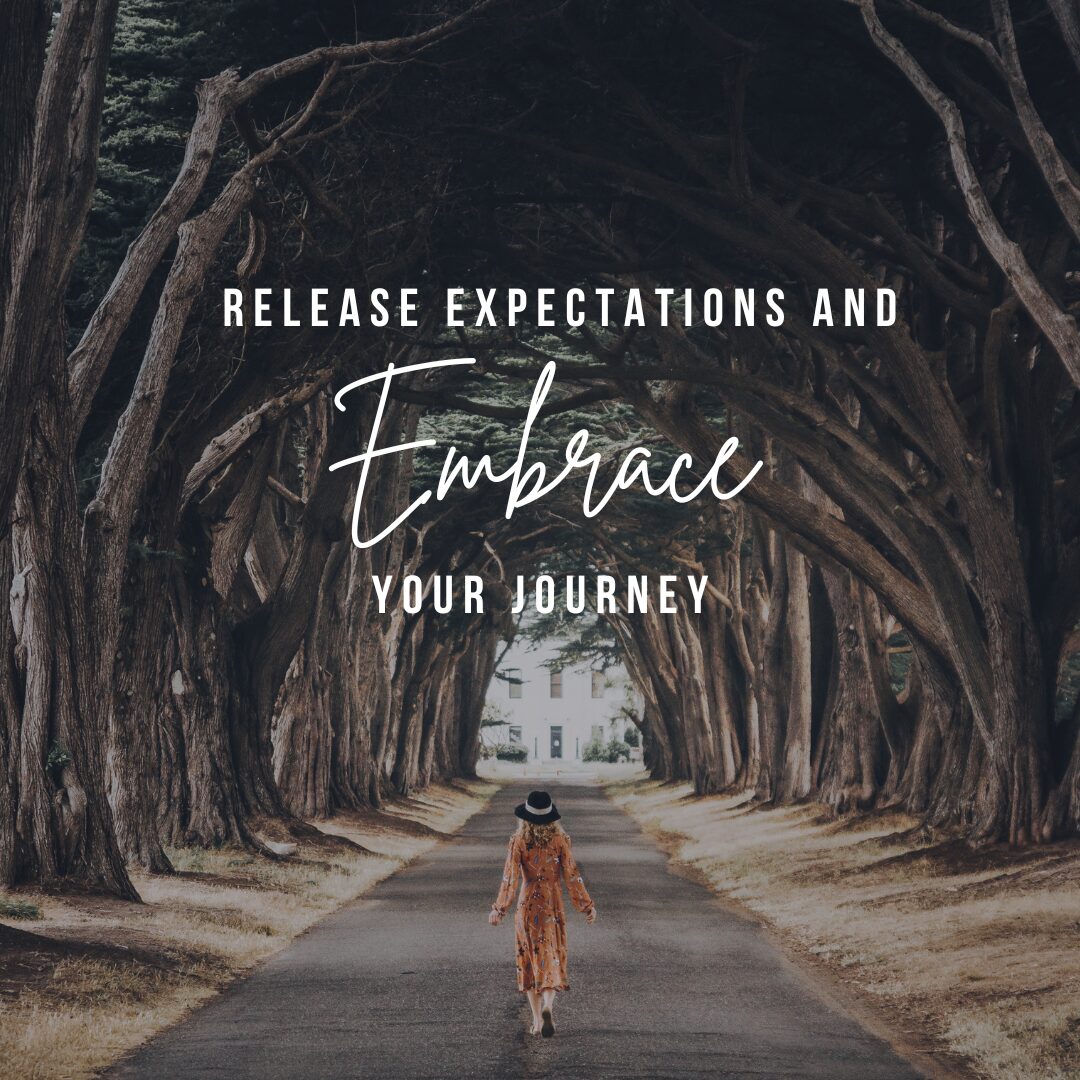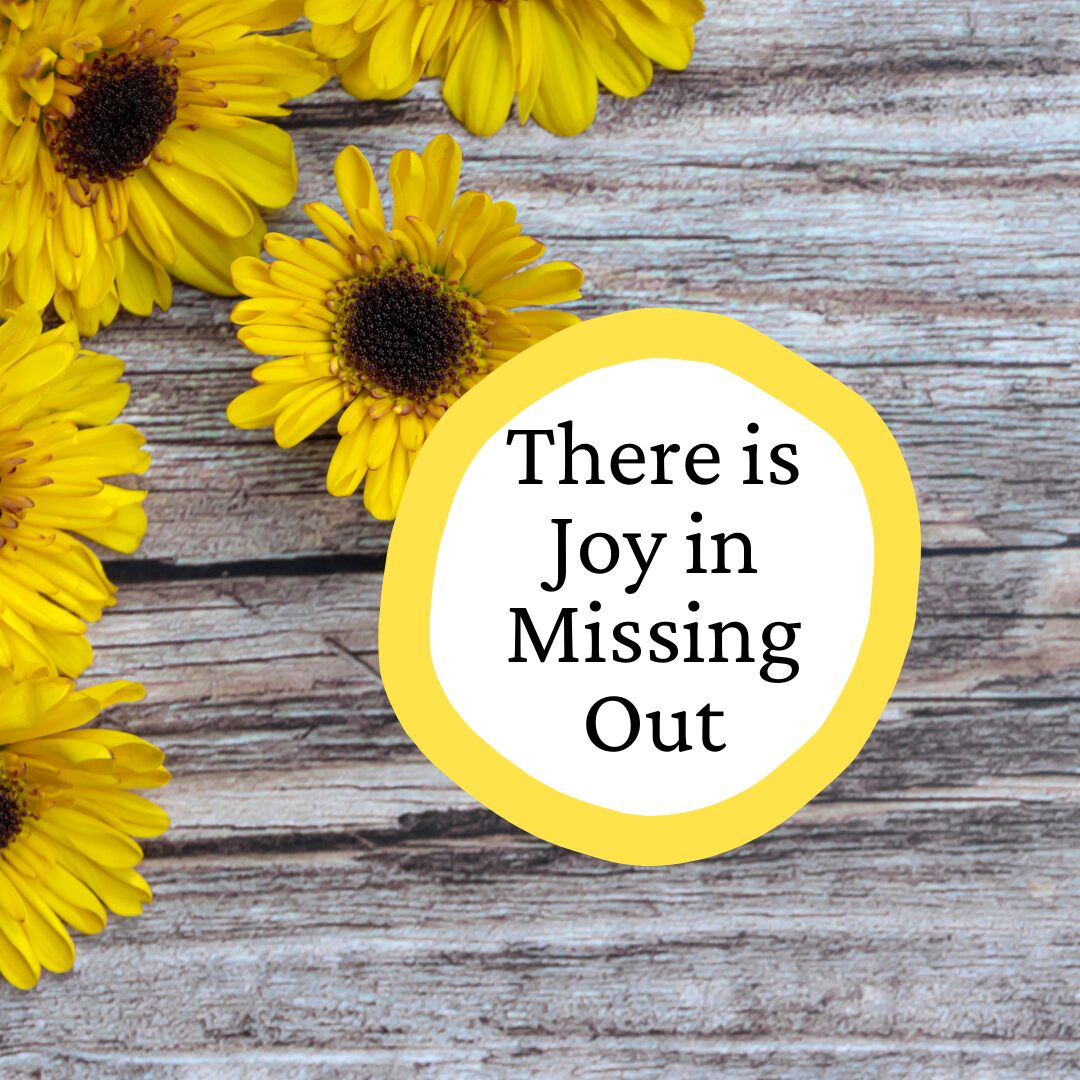Bravery, change, and trying different things to inspire growth isn’t easy. Some days, implementing these ideas comes easy, and some days, we must dig a little deeper, make course corrections, or take a Mulligan and try later. One thing is for sure; it is a hell of a lot easier when you don’t feel like shit. That’s where self-care comes in. When we exercise, eat right, sleep, are intellectually stimulated, grateful, and connected to our community, it makes us ready for, you know – life. Your mind, body, spirit, and soul need nurturing to function on a daily basis and facilitate changes and growth you are trying to accomplish. The amazing author Anne Lamott said “Almost everything will work again if you unplug it, including you.” In other words, you gotta take care of yourself, guys!
Self-care is consciously choosing to do things to better your overall physical and mental wellbeing. They aren’t always fun, but you know they are good for you! Like getting up early to do your yoga routine so you feel more centered the rest of the day, making a financial plan to pay off debts and spend wisely, or taking time to practice gratitude and mindfulness. It is an intentional and thoughtful practice, asking yourself, “Does this benefit me in the long run, or is it just giving me good feelings for the present moment?” Creating rituals for self-care is a great way to build it into your everyday routine. Start a schedule where it’s part of your day because self-care is usually the first thing to go out the window in times of added stress, dysfunction, or crisis. Ironically, that’s when we need it most! We stop taking care of ourselves, putting everything and everyone else first, and then we crash and burn.
Think of it this way: by doing self-care, you are actively taking a role in cultivating long-term purpose and making positive choices to better your health and take care of your responsibilities. It’s like saying, “I’m important, and there are things I need to do for myself daily to function at my best.” Self-care is not selfish or self-indulgent! Self–indulgence is more along the lines of doing things to distract yourself from your problems, such as overdoing it with treating yourself, chasing those dopamine hits from instant gratification, and engaging in unhealthy coping strategies.
Pressing pause on life for some self-care is worth the time, energy, and financial investment. You are worth it! We all are. Even with the modern conveniences we now have, we still feel more pressed for time and energy than ever. We feel stretched and overwhelmed; like Bilbo Baggins says in The Hobbit, “I feel thin, like butter spread across too much bread.” This chronic feeling of being overwhelmed leads to burnout, fuzzy thinking, low motivation, and feeling stuck. It’s coming at us from all facets of life; work, family responsibility, relationships, media, finances, the list goes on. The simple life has gone out the window! The American Psychological Association released a statement in a recent report,
“Stress in America 2022: Concerned for the Future, Beset by Inflation, shows a battered American psyche, facing a barrage of external stressors mostly out of personal control. For example, the survey found that most adults are disheartened by government and political divisiveness, daunted by historic inflation levels, and dismayed by widespread violence.”
Yes, we feel pulled in many directions, with many worries that we may or may not have control over. But (there is always a but) we do have control over whether or not we prioritize self-care. Again, it is essential to make it part of our everyday routine because it is easily shoved out of the way in favor of the supposed-tos and have-tos. We’re not saying it has to be excessive amounts of time each day. Small moments count!
There’s a well-known story (author unknown) about a university professor making a point about the importance of prioritizing how we spend our time:
A professor of philosophy stood before his class with some items in front of him. When the class began, wordlessly he picked up a large empty mayonnaise jar and proceeded to fill it with rocks about two inches in diameter.
He then asked the students if the jar was full. They agreed that it was full.
So the professor then picked up a box of pebbles and poured them into the jar. He shook the jar lightly and watched as the pebbles rolled into the open areas between the rocks. The professor then asked the students again if the jar was full.
They chuckled and agreed that it was indeed full this time. The professor picked up a box of sand and poured it into the jar. The sand filled the remaining open areas of the jar.
“Now,” said the professor, “I want you to imagine that this jar signifies your life. The rocks are the truly important things, such as family, health and relationships. If all else was lost, and only the rocks remained, your life would still be meaningful.
The pebbles are the other things that matter in your life, such as work or school. The sand signifies the remaining “small stuff” and material possessions. If you put sand into the jar first, there is no room for the rocks or the pebbles.
The same can be applied to your lives. If you spend all your time and energy on the small stuff, you will never have room for the things that are truly important. Pay attention to the things in life that are critical to your happiness and well-being. Take time to get medical checkups, practice self-care, play with your children, go for a run, connect with your spouse, write your grandmother a letter. There will always be time to go to work, clean the house, or fix the disposal. Take care of the rocks first – things that really matter. Set your priorities. The rest is just pebbles and sand.
Think about the “rocks” in your life. If health is on that list, then self-care should be something you are making time for! Think about different forms of self-care you can make time for once a day, once a week, or once a month. Time management and planning ahead are key.

